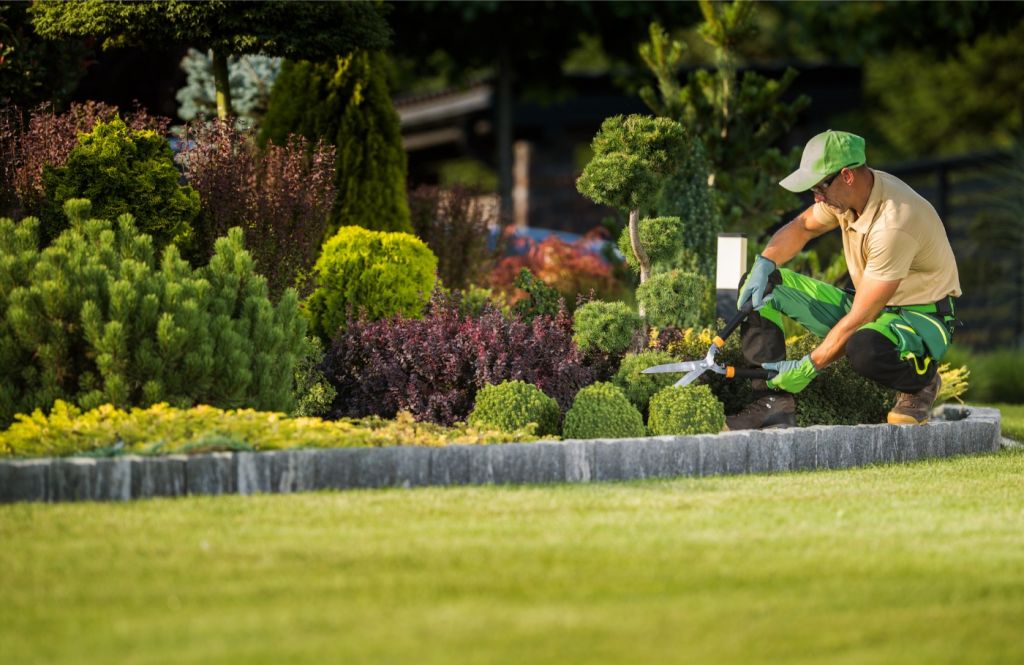When you hire a landscaper to beautify your garden or maintain your yard, you might wonder about the appropriate tipping practice. This guide covers whether tipping landscapers is standard and how much is typical.
Tipping landscapers is not a standard expectation, but it is a kind gesture for exceptional work. If you decide to tip, a sum of $20 to $50 per crew member for a one-time project or a smaller amount regularly throughout the season can be appropriate.

When deciding on tipping your landscaper, consider the nature of the job and your satisfaction with the work done. The appropriate amount can vary based on whether it's a regular service or a one-off task, the size of the crew, and the time of year.
| Landscaping Service Type | Crew Size | Suggested Tip Amount |
|---|---|---|
| Regular Landscaping | Not specified | $15 to $50 at the end of the season/year |
| One-time Job | Not specified | 10-20% of the total bill |
| Single Landscaper | Individual | $20 to $50 based on complexity/satisfaction |
| Hiring a Crew | Team | $10 to $25 per member or lump sum |
Tipping during the holiday season is a gesture of goodwill and thanks for the year's hard work.
When it comes to landscaping, figuring out how much to tip can be unclear. You want to recognize the hard work and artistry that landscapers bring to your outdoor space, but standard tipping rules are not always straightforward.
Tipping your landscaper is not mandatory, but it is a kind gesture to show appreciation for their effort and diligence. Unlike service industries where tips make up a significant part of the income, landscapers typically do not rely on tips. However, if you feel that the service provided exceeds your expectations, consider these general guidelines:
It's important to remember that each situation is unique, and tipping is ultimately a question of personal discretion.
The tipping etiquette for landscapers differs from that of indoor service professionals like cleaners, decorators, or general contractors. While workers such as plumbers or electricians generally do not expect tips due to the technical and often emergency-based nature of their work, landscapers fall into a more discretionary tipping category. Here’s a brief comparison:
| Service Professional | Tipping Expectation |
|---|---|
| Landscapers | Discretionary |
| Cleaners | Expected |
| General Contractors | Not Expected |
| Painters | Occasionally Expected |
For more guidance on appropriate amounts and when it might be fitting to offer a tip in the various trades, consider the advice found in a detailed guide on tipping etiquette in the trades.
When evaluating the landscaping service you’ve received, consider both the visible results and the level of professionalism. Exceptional service merits recognition, whether through a positive review or a gratuity.
Quality work reflects both the skill and the dedication of your landscaper. If these elements stand out, a standard tipping amount may be $20-$50 per person, but this can vary.
A reward for quality and extra effort is a tangible way to show your appreciation for exceptional service. It reflects the value you place on their dedication to making your property look its best.
In the United States, tipping is a prevalent practice that showcases your appreciation for someone's service. This guide focuses on the landscape industry and how tipping behaviors adjust to this particular field.
When it comes to tipping landscapers in the United States, there's no one-size-fits-all answer. However, there are national tendencies that indicate common practices. Surveys suggest some gratitude in the form of a tip can underscore your satisfaction with their work. Here are specific insights:
Keep in mind that these are guidelines influenced by general U.S. behaviors. Ultimately, your decision to tip reflects your own values and appreciation for the service provided.
When deciding whether to tip your landscapers, consider both the appreciation it shows for their hard work and the potential expectations it may set.
| Pros of Tipping | Description |
|---|---|
| Boosts Morale | Crew members feel valued, which can improve quality. |
| Acknowledge Expertise | Rewards professional skill and dedication. |
| Encourages Referral | Positive rapport may lead to recommendations. |
| Cons of Tipping | Description |
|---|---|
| Financial Expectation | May inadvertently set a standard for future tips. |
| Pressure on Non-Tippers | Others might feel compelled to tip, regardless of their budget. |
| Varied Interpretations | A tip can be seen differently by amateurs vs. professionals. |